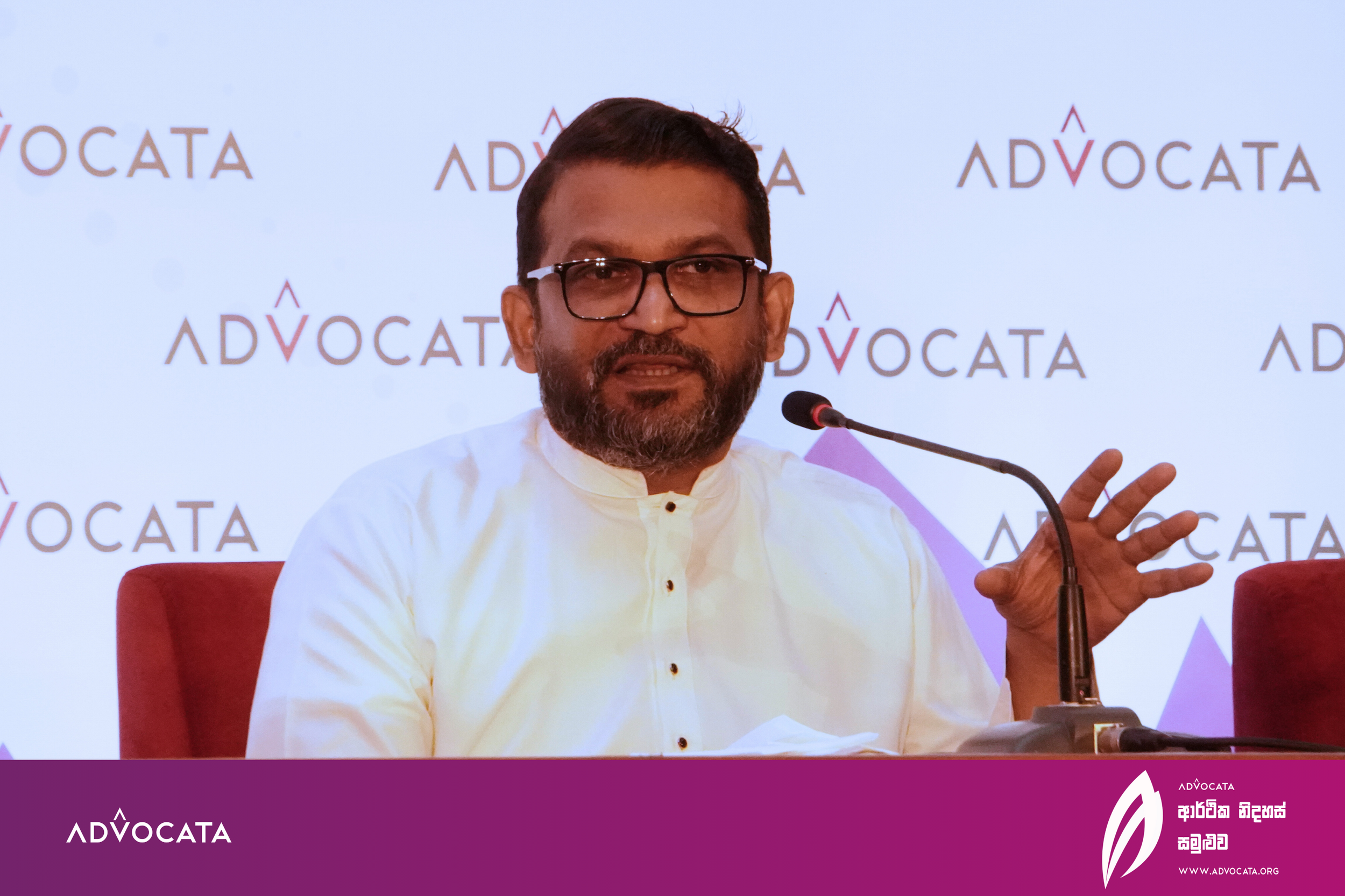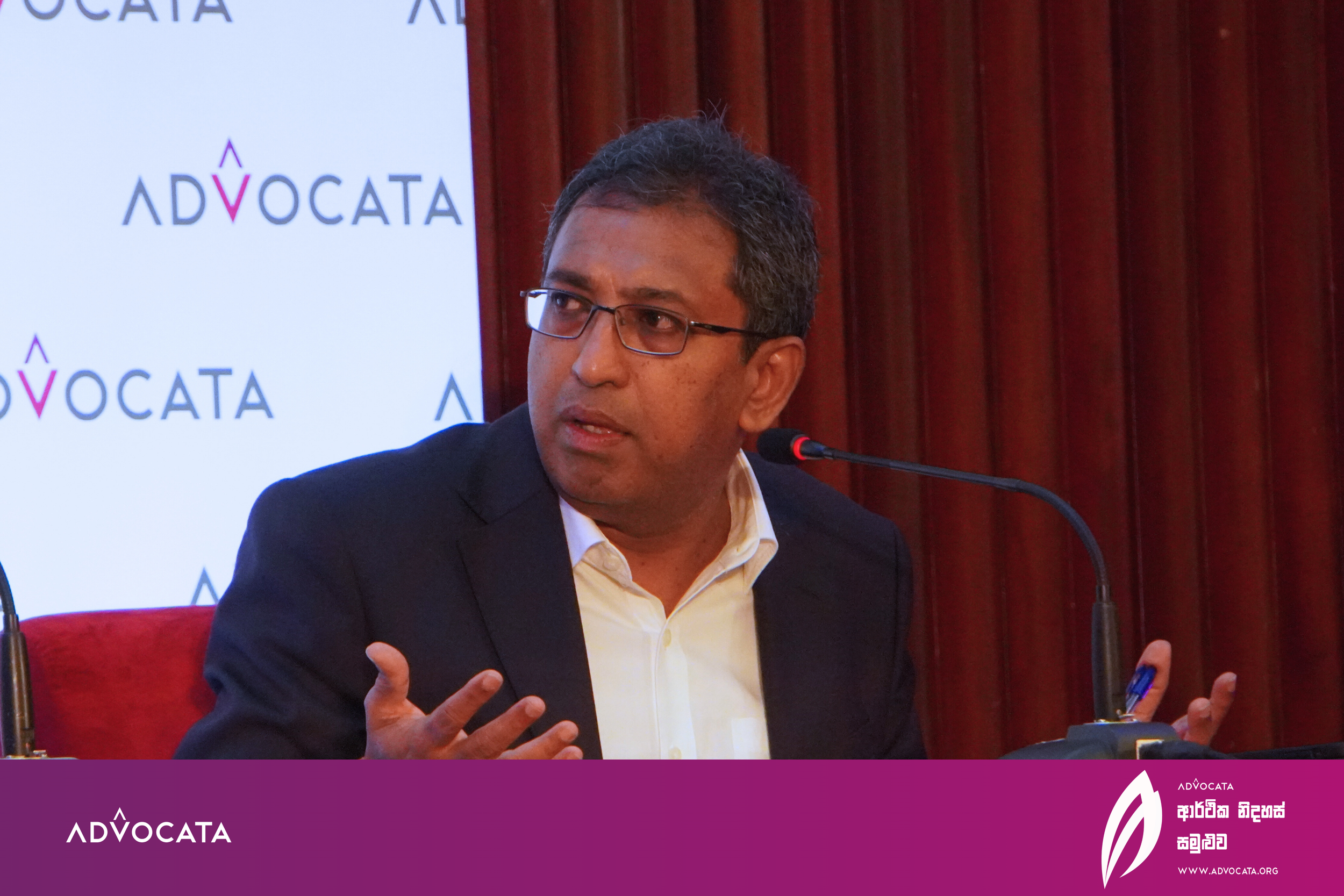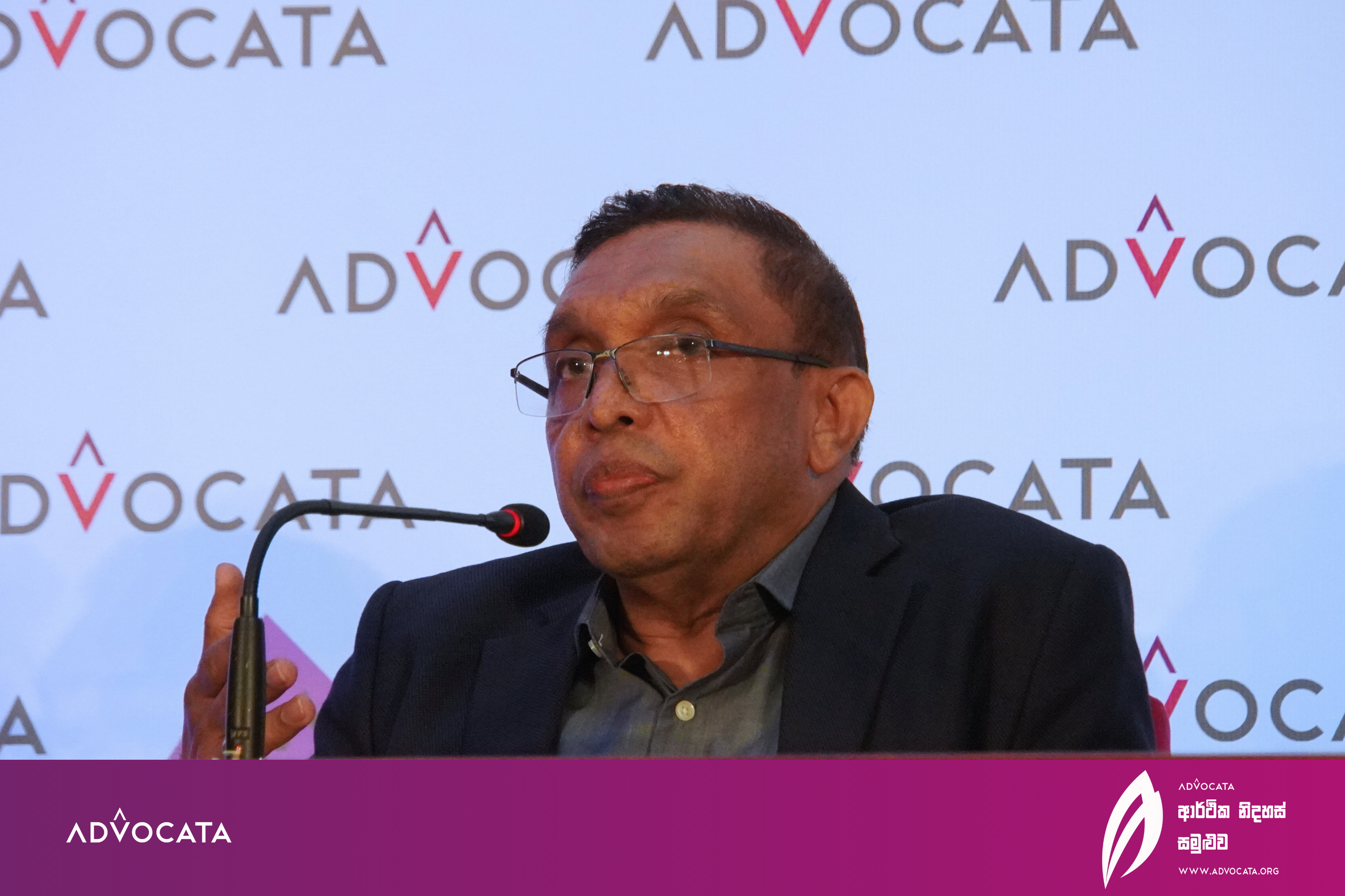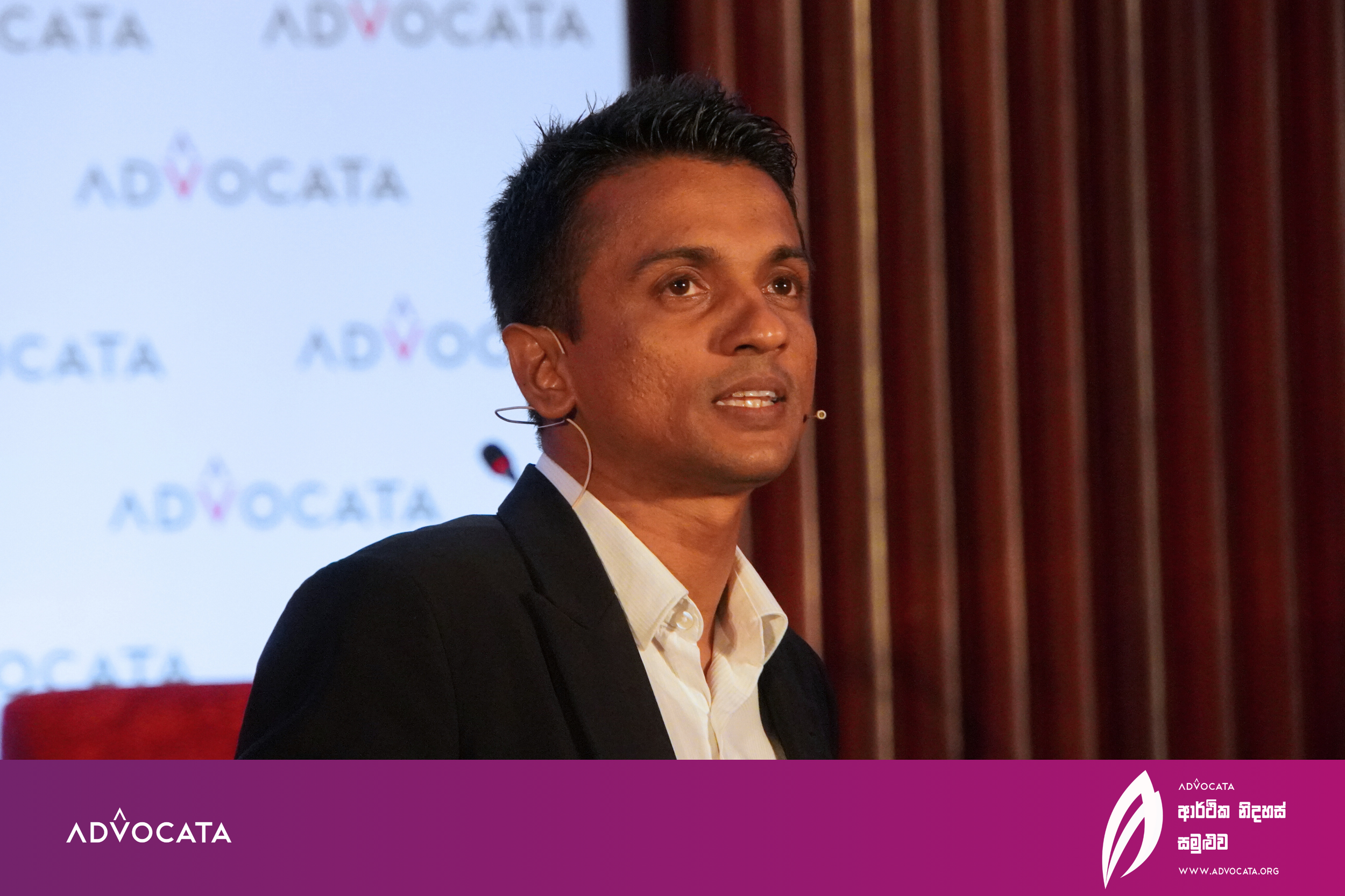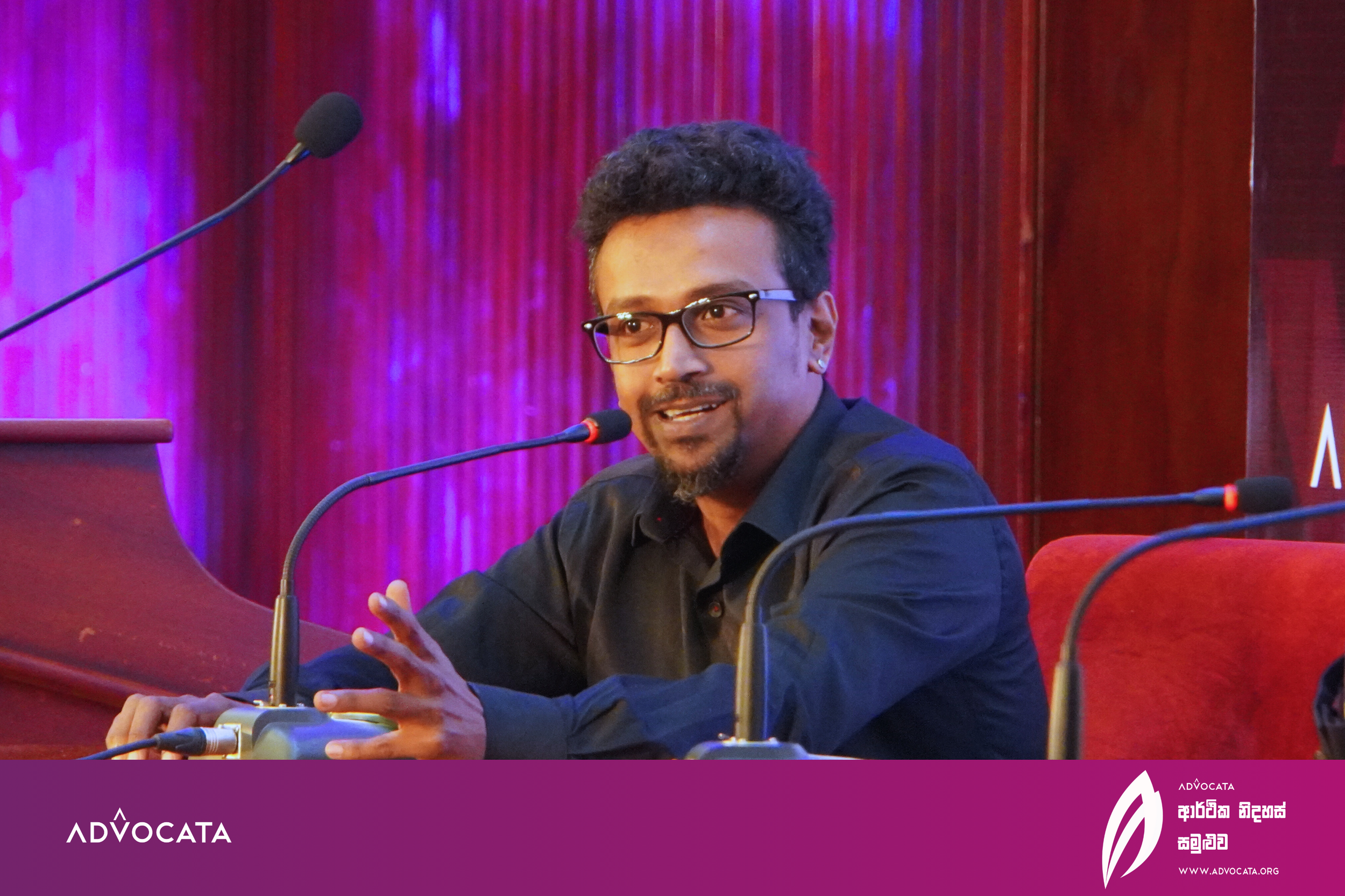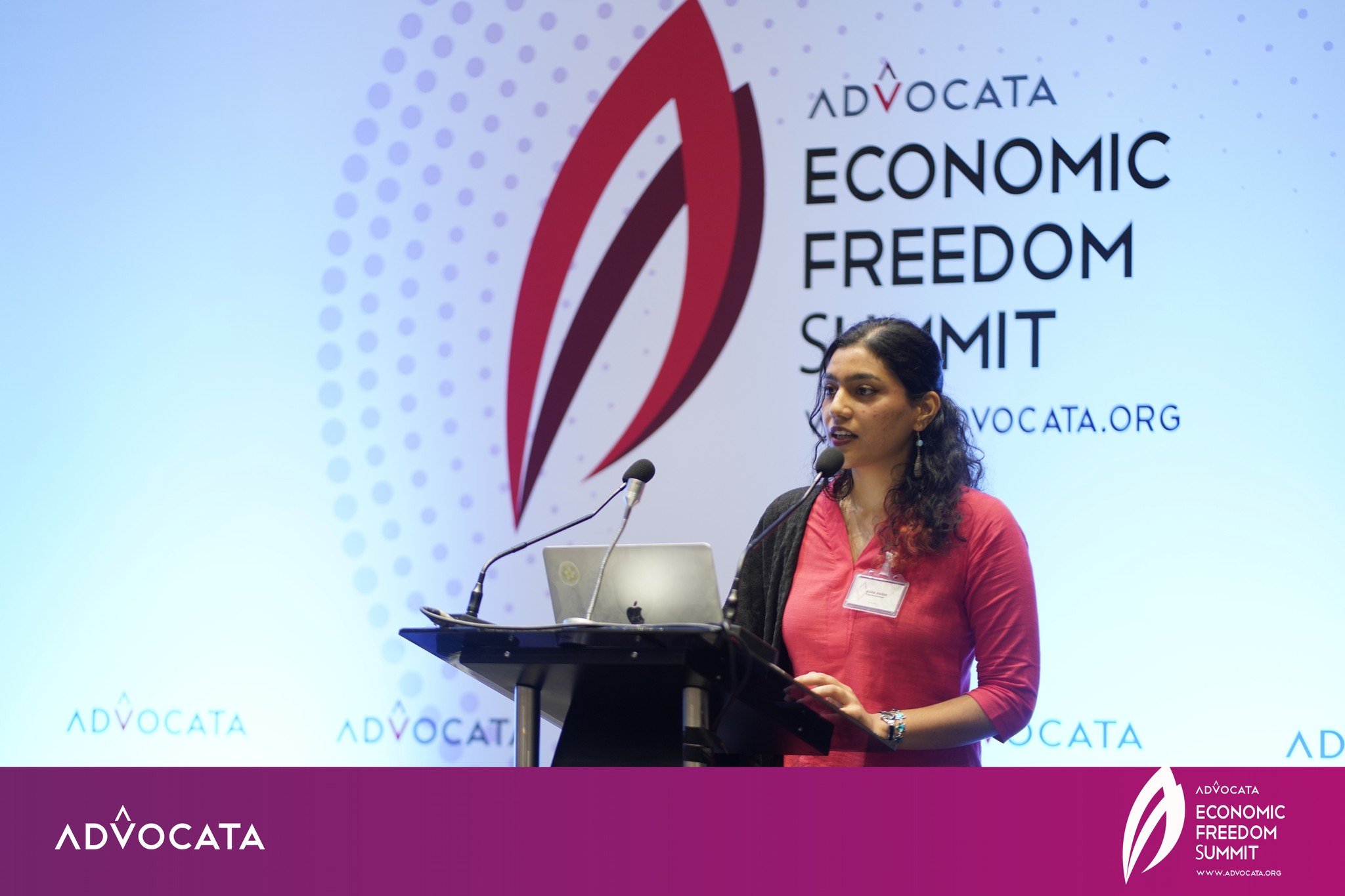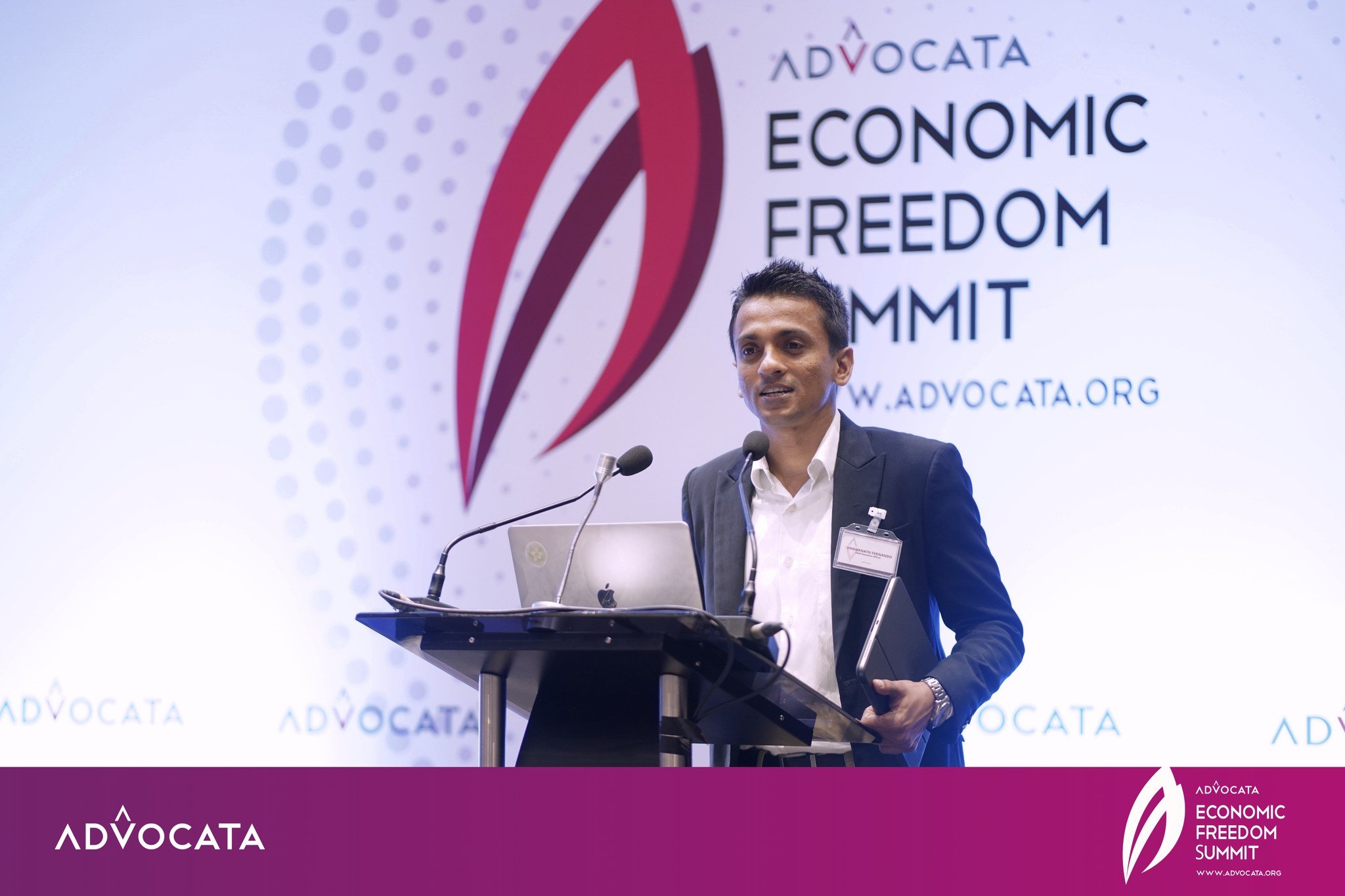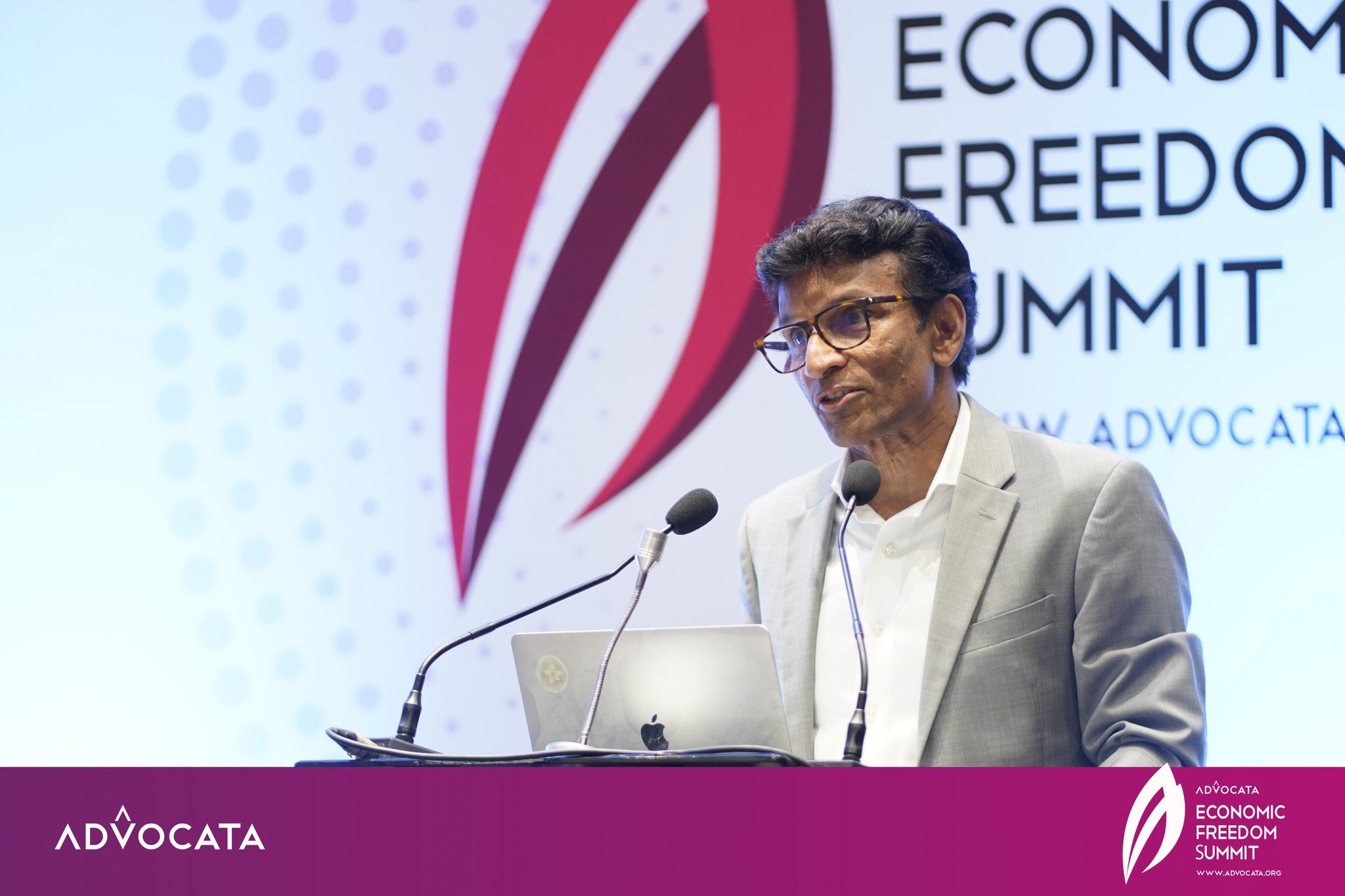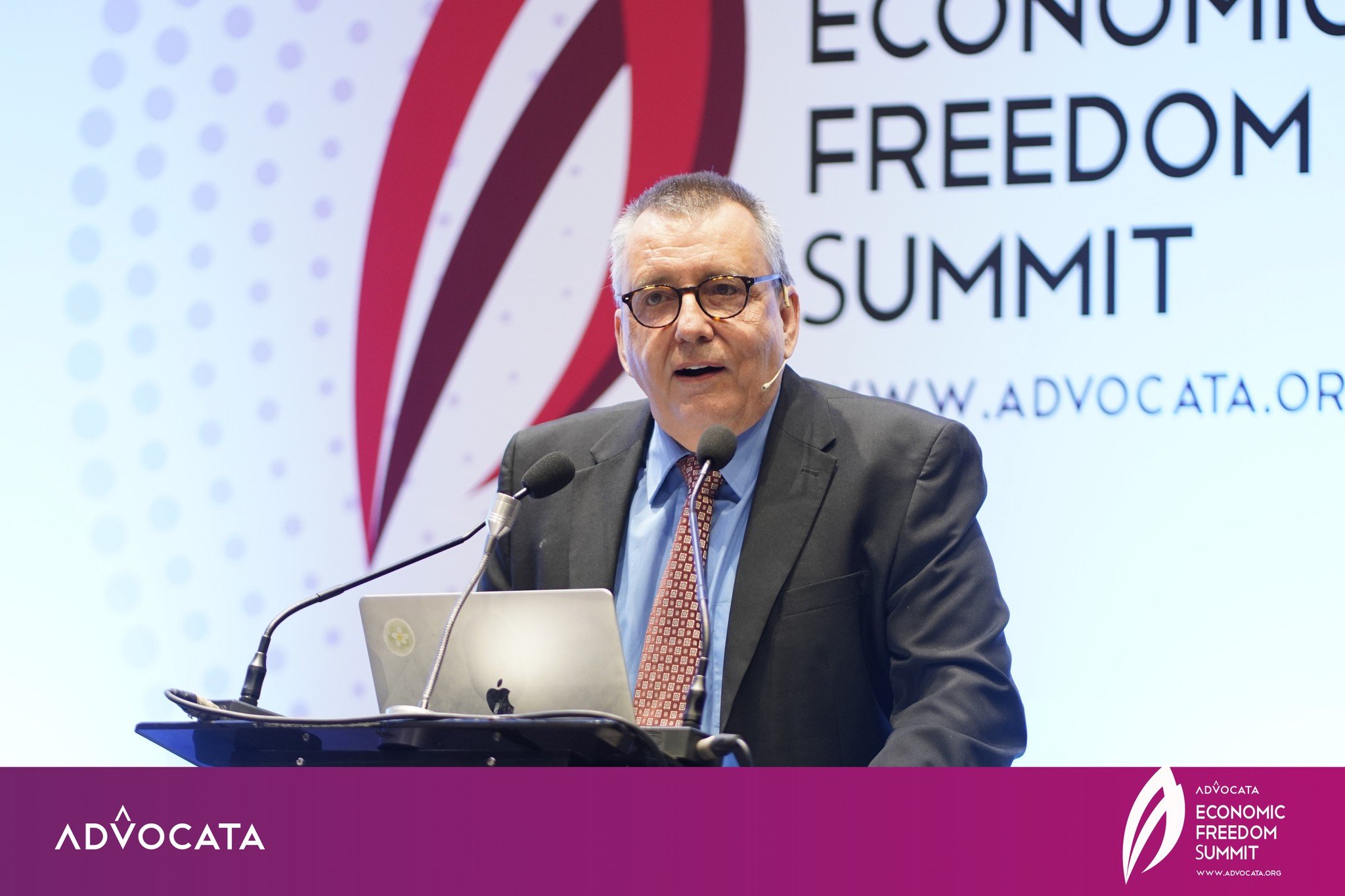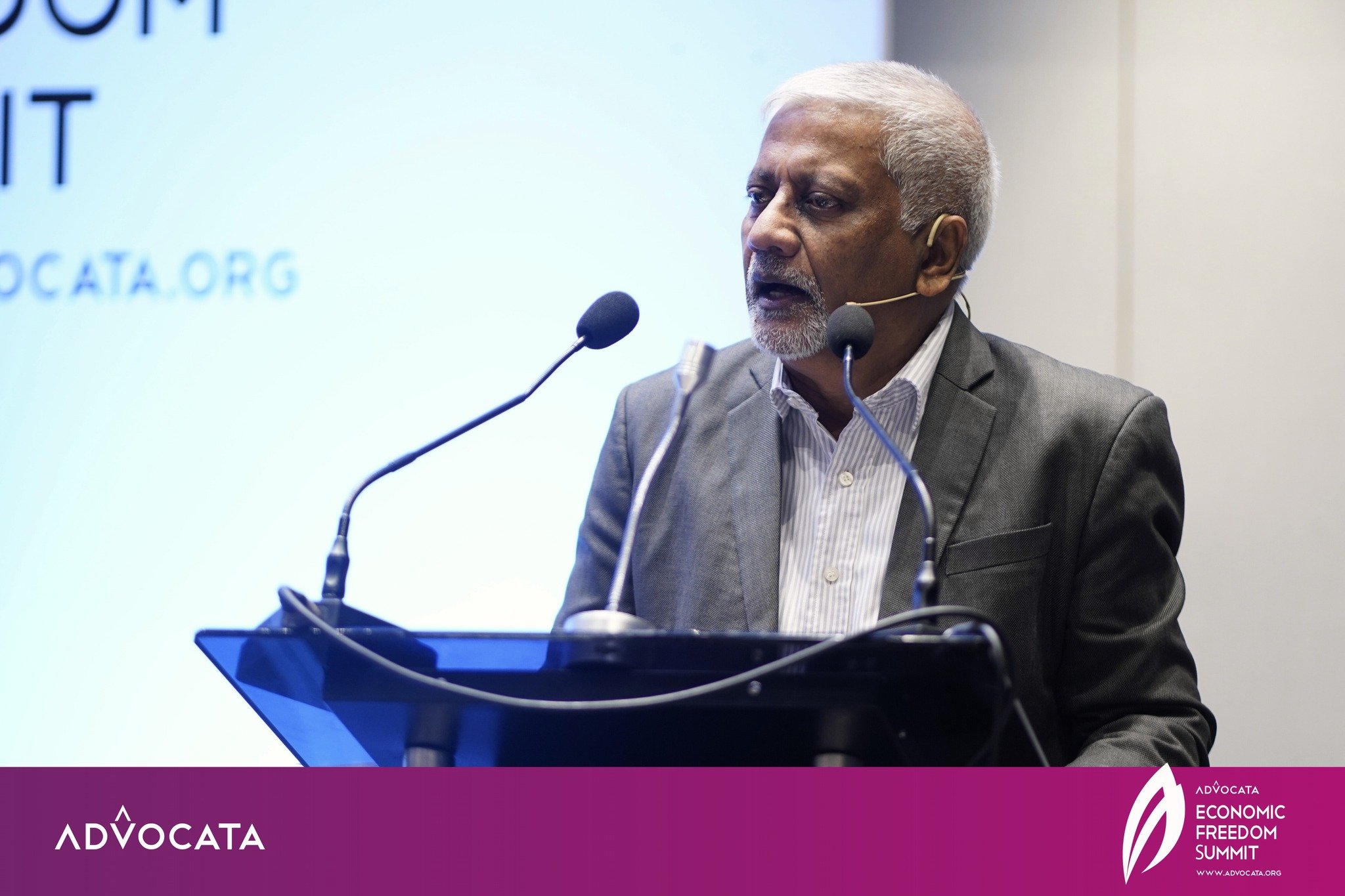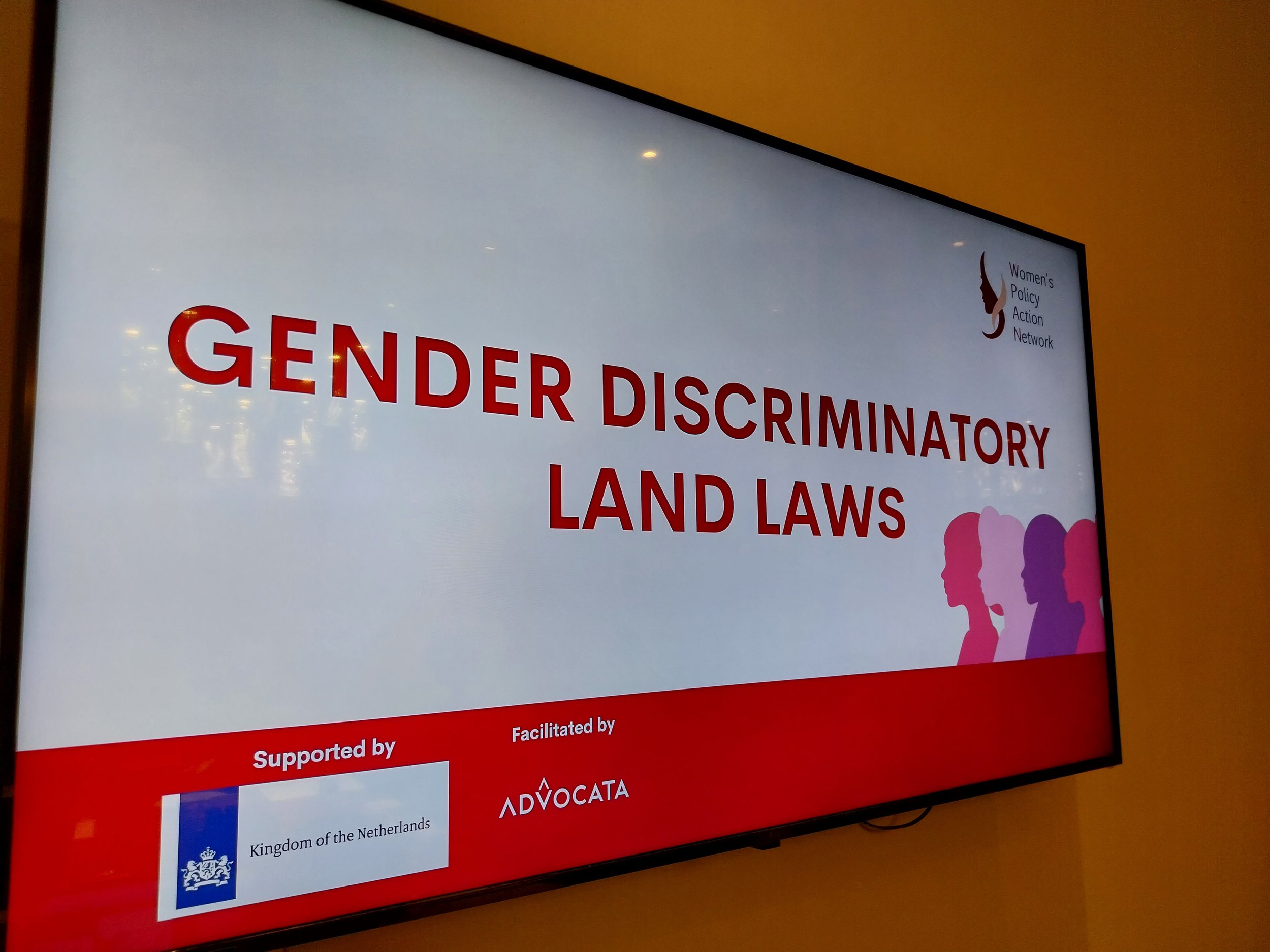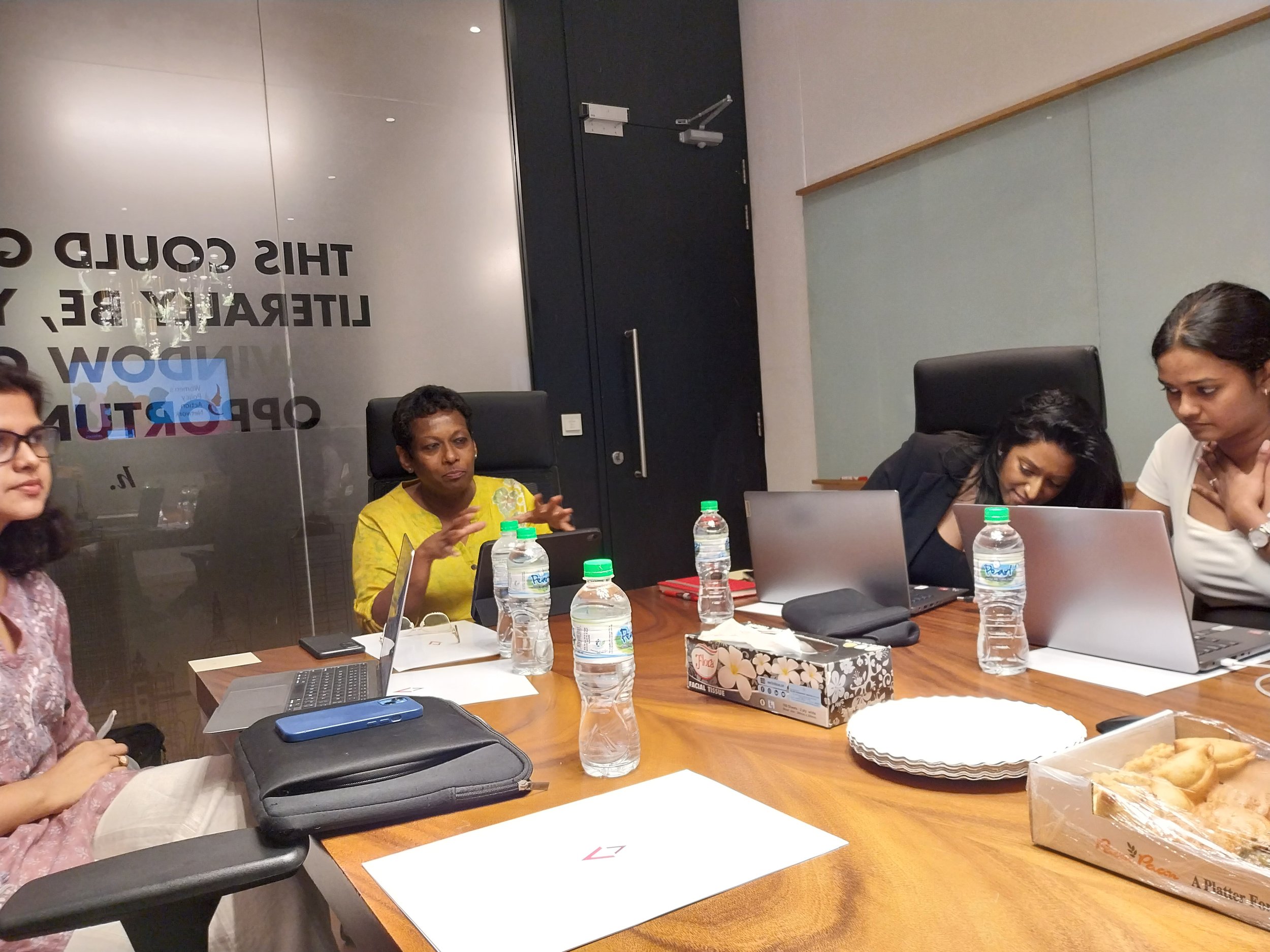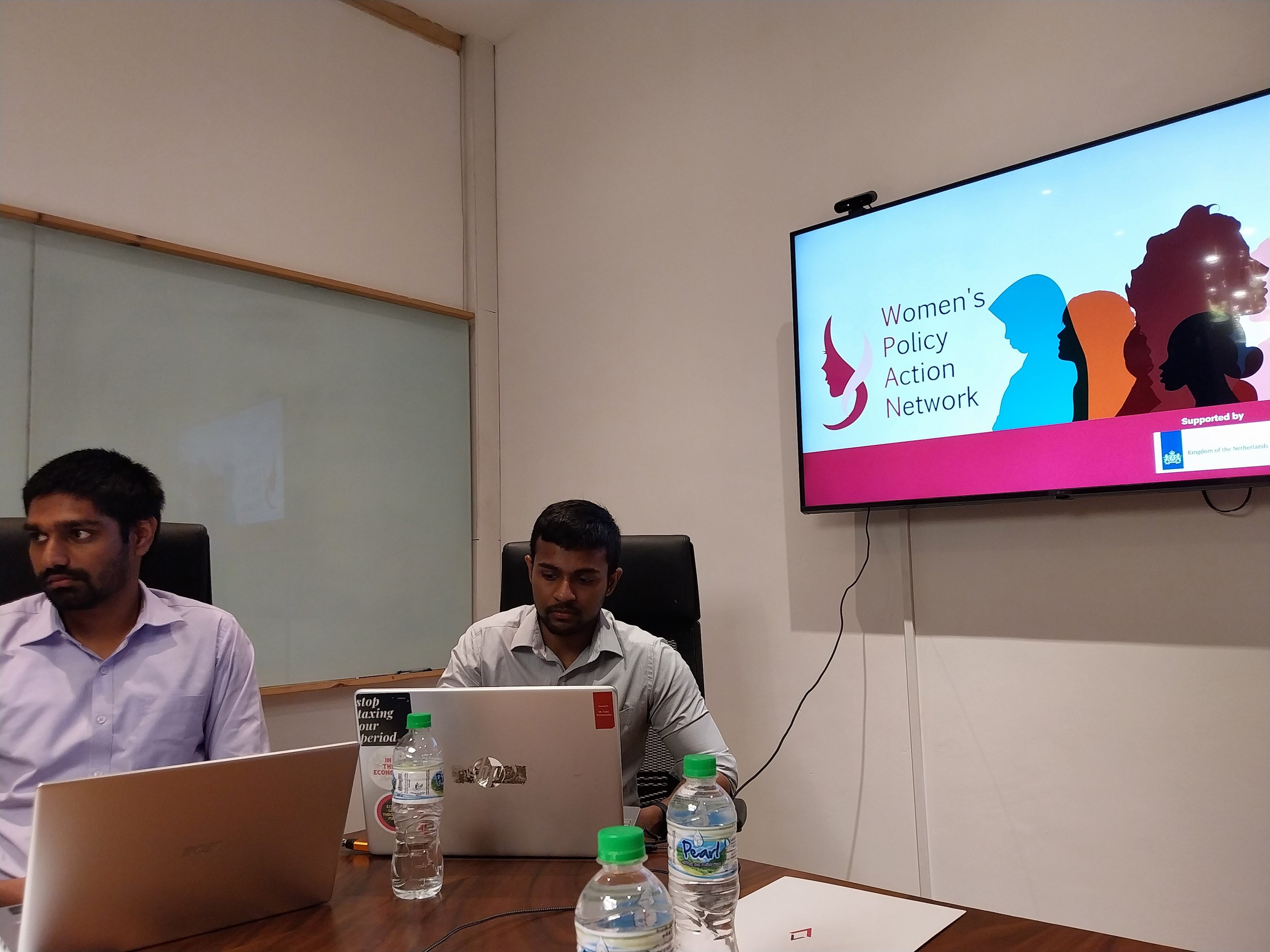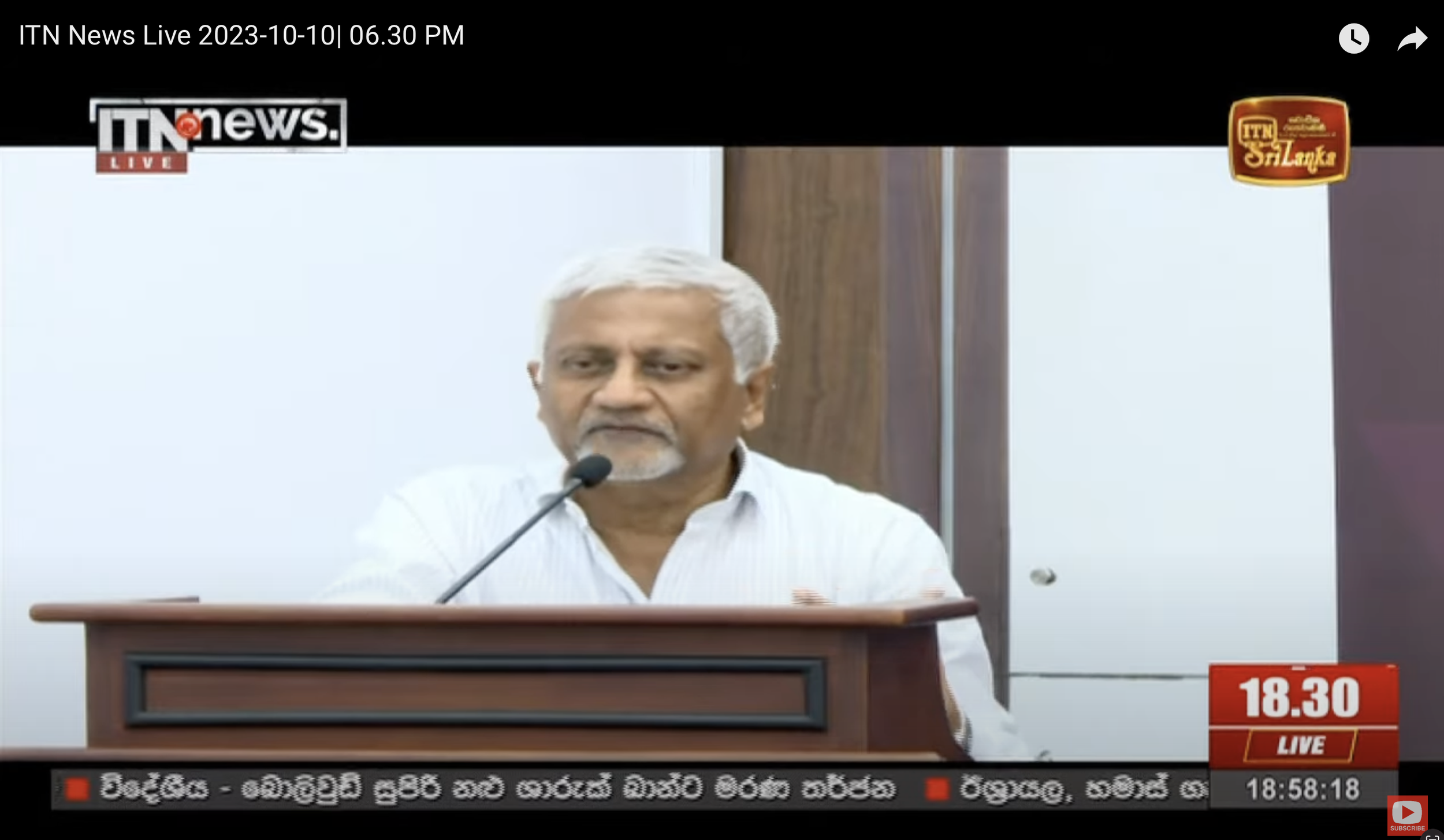Originally appeared in the The Island, Daily Mirror, Economy Next, Lanka Business online, NewsWire
Sri Lanka ranks 116 out of 165 jurisdictions included in the Economic Freedom of the World: 2023 Annual Report, released by Advocata Institute in conjunction with Canada’s Fraser Institute. The current ranking represents a decline in the economic freedom of the country which ranked 104th during 2020.
The report measures the economic freedom of individuals—their ability to make their own economic decisions—by analyzing the policies and institutions of 165 jurisdictions. The policies examined include regulation, freedom to trade internationally, size of government, legal system and property rights, and sound monetary policy. The 2023 report is based on data from 2021, the last year with available comparable statistics across jurisdictions.
Sri Lanka’s decline in score was driven by 4 out of the 5 sub indicators of economic freedom registering declines in their respective individual scores. These indicators are the size of government, access to sound money, freedom to trade internationally, and the regulation of credit, labour, and business. The only indicators that registered an improvement in its score is the indicator of legal system and property rights.
“The report captured a stark warning: Sri Lanka's economic freedom declined prior to the economic crisis of 2022, a testament to the vulnerability of nations with limited economic freedom in the face of economic turmoil. If the country is to recover, Sri Lanka must prioritize economic growth within the framework of maximising economic freedom for its citizens to trade, work, and transact freely in a stable monetary and fiscal environment” said Dhananath Fernando, Chief Executive Officer at the Advocata Institute.
The number one spot is now occupied by Singapore, followed by Hong Kong, Switzerland, New Zealand, the United States, Ireland, Denmark, Australia, the United Kingdom, and Canada. Other notable countries include Japan (20th), Germany (23th), France (47th) and Russia (104th).
Venezuela once again ranks last. Some countries such as North Korea and Cuba can’t be ranked due to lack of data.
The Fraser Institute produces the annual Economic Freedom of the World report in cooperation with the Economic Freedom Network, a group of independent research and educational institutes in nearly 100 countries and territories. It’s the world’s premier measure of economic freedom.
The report was prepared by Professor James Gwartney of Florida State University and Professors Robert A. Lawson and Ryan Murphy of Southern Methodist University.
According to research in top peer-reviewed academic journals, people living in countries with high levels of economic freedom enjoy greater prosperity, more political and civil liberties, and longer lives.
For example, countries in the top quartile of economic freedom had an average per-capita GDP of US$48,569, compared to US$6,324 for bottom quartile countries. Poverty rates are lower. In the top quartile, less than one per cent of the population experienced extreme poverty (US$1.90 a day) compared to 32 per cent in the lowest quartile. Finally, life expectancy is 81.1 years in the top quartile of countries compared to 65 years in the bottom quartile.
“Where people are free to pursue their own opportunities and make their own choices, they lead more prosperous, happier and healthier lives,” Fred McMahon, Dr. Michael A. Walker Research Chair in Economic Freedom with the Fraser Institute said.
See the full report at www.fraserinstitute.org/economic-freedom.
About the Economic Freedom Index
The Fraser Institute produces the annual Economic Freedom of the World report in cooperation with the Economic Freedom Network, a group of independent research and educational institutes in nearly 100 countries and territories.
Economic Freedom of the World measures how policies and institutions of countries support economic freedom. This year’s publication ranks 165 countries and territories. The report also updates data in earlier reports where data has been revised.
For more information on the Economic Freedom Network, datasets, and previous Economic Freedom of the World reports, go to www.fraserinstitute.org/economic-freedom.

















